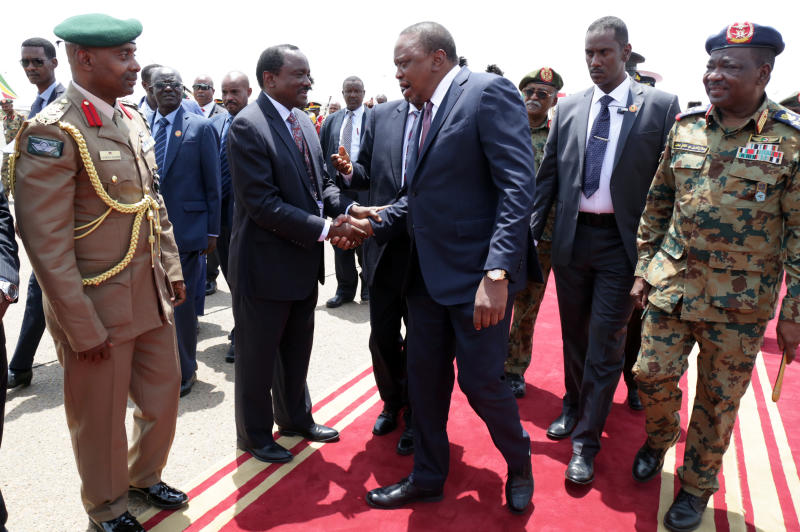×
The Standard e-Paper
Stay Informed, Even Offline

President Uhuru Kenyatta’s trip to Barbados saw him cross the 100 mark on official trips to foreign countries eclipsing the 33 trips made by his predecessor Mwai Kibaki during his two terms in office.
Uhuru last week came back from a six-day trip in the Caribbean states of Jamaica and Barbados, just two months after returning from Canada where he had gone to attend the 2019 Global Women Deliver Conference.